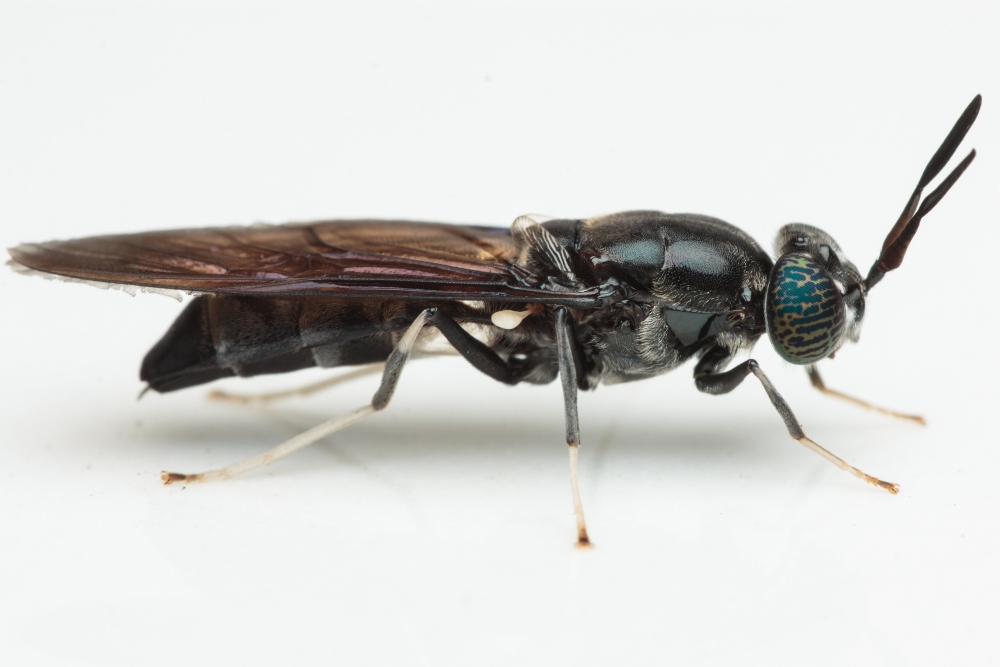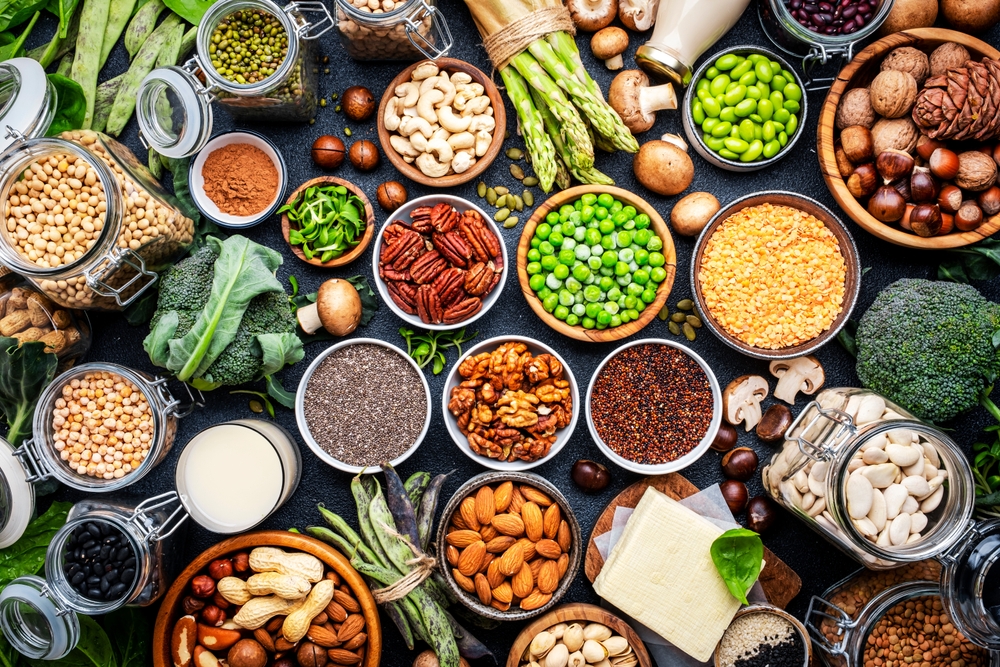The larvae of the black soldier fly produce a lot of protein and they can be reared on waste streams from the food industry. That makes them a sustainable alternative to animal feed such as soymeal and fishmeal.
But the insects grow better on some waste streams than others. And you don’t want the larvae absorbing pathogenic or toxic substances from the waste. So PhD candidate Stijn Schreven assessed which microbes have the biggest impact on the food safety of the larvae. His conclusion: the safety of the larvae as animal feed is mainly determined by the microbes in the substrate (what the insects eat).
Several Dutch companies are already producing black soldier fly larvae on a large scale. The larvae are used as animal feed and fish feed. The farmers rearing the larvae use vegetable waste streams from the food industry such as brewer’ grains, or apple or beet pulp. They are safe.
Manure and cake
Schreven tested two alternatives: chicken manure and camelina cake. The manure leads to bacterial changes in the larvae. Further research is required to see whether this affects food safety. Camelina is a by-product of camelina oil, which is an alternative to palm oil in the human diet. This high-protein waste product contains toxic substances but the insect larvae grow well on it as long as the cake makes up less than 50 per cent of the substrate.

 A black soldier fly. Photo Shutterstock
A black soldier fly. Photo Shutterstock 

